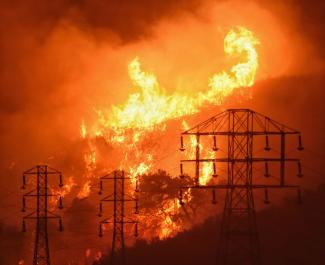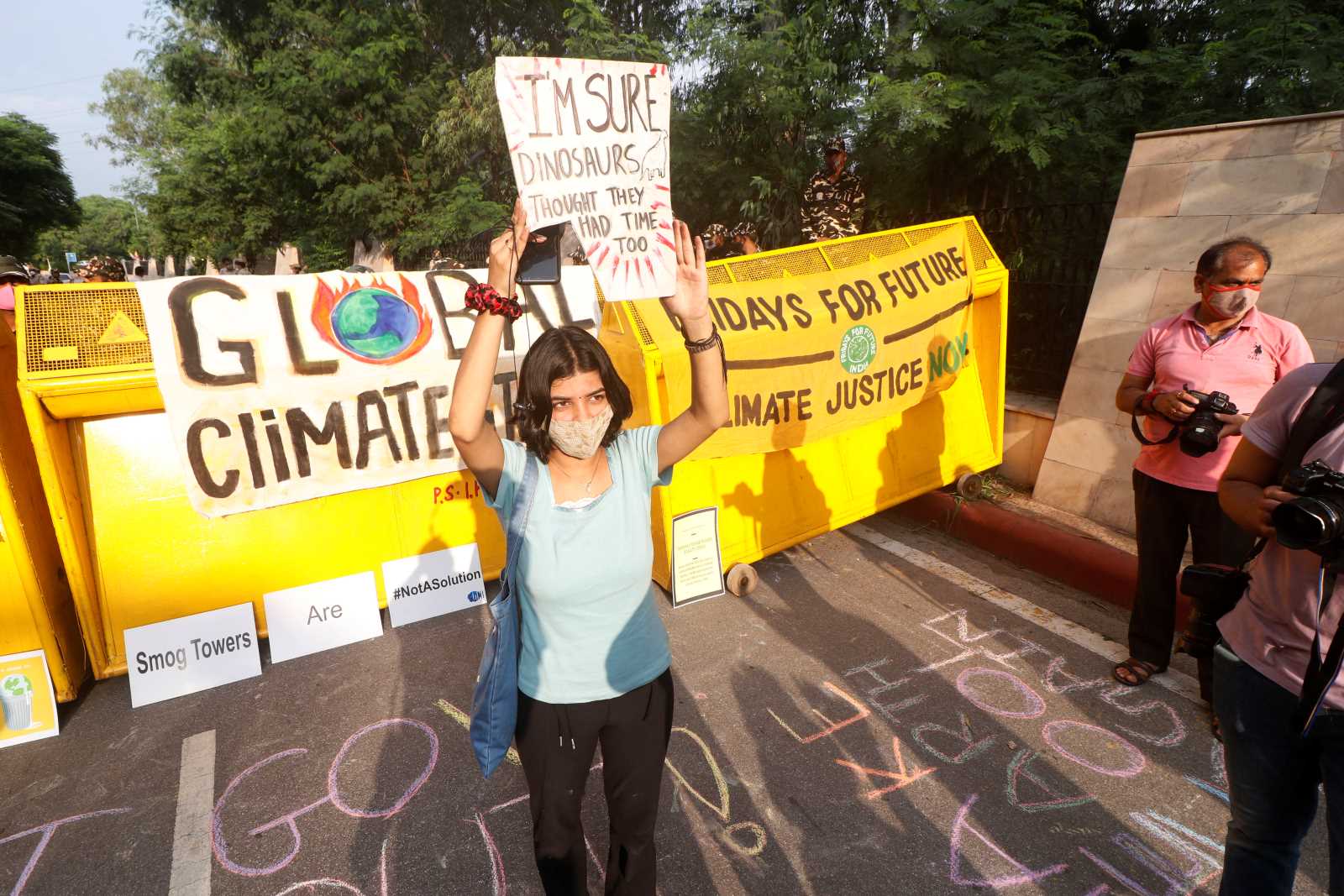Environmental sustainability
Investor calculations are changing

The most important is that science tells us we must decarbonise the world economy fast if we don’t want climate change to spin out of control, but we have not seen convincing progress towards overcoming capitalism since Karl Marx wrote The Capital. On the other hand, prudently regulated capitalism has facilitated meaningful welfare policies in rich nations, and even the rough variety has reduced poverty in huge emerging markets. Communist-run China is the leading example.
The big challenge is thus to organise markets in a way that leads to sustainability and prosperity (see contribution by Sabine Balk in D+C/E+Z e-Paper 2019/03, Focus section). So far, we are not even close. Climate change is accelerating dangerously, and so are carbon emissions. At the same time, experts reckon that the global community needs to mobilise an astounding $ 2.6 trillion annually to achieve the UN Sustainable Development Goals (SDGs). Policymakers point out that state institutions cannot plug that gap, so private-sector funding is needed.
Some sceptics find that bewildering. They doubt that market forces, which caused the environmental crisis, are its solution. They have a point. Environmental progress has been excruciatingly slow so far, which shows that market forces have been irrational for decades. They should have headed Munich Re’s warnings long ago. The reinsurance giant has been pointing out climate risks since the mid-1990s, but financial markets are only beginning to pay attention now.
The obvious difference is that the damages have increased dramatically. Hardly a month goes by anymore without news of extreme weather. Hurricanes in USA, heat waves in Australia, typhoons in Southeast Asia, flooding in India and draughts in Africa keep causing massive harm. Investors are increasingly wary of fossil-fuel risks.
Pacific Gas and Electric, California’s big utility company, recently collapsed under the weight of huge financial liabilities after devastating wildfires that spread after extended draught. Its bankruptcy sent shock waves through the investor community.
Pressed by activist shareholders, BP, the oil giant, has promised to begin regular reports on sustainability. Buying shares of fossil-based corporations like RWE, a German utility, is no longer the safe bet it used to be. Indeed, the RWE share price has become quite volatile, mostly because of environmental concerns. According to Jochen Wermuth of Wermuth Asset Management, the general mood among financial investors may change fast and, within five years, energy investments could be 100 % geared to renewables.
At the same time, there is currently a lack of convincing conventional investment ideas, whether in the real economy or the financial sector. Gillian Tett, the FT columnist, recently pointed out that investors’ interest in SDG-related projects is growing accordingly.
It would be wrong, however, to expect market forces to do the job by themselves. Markets need political guidance. It is good that Democratic policymakers in the USA are now promoting a Green New Deal. They want the US government to spend massively on making the economy environmentally sustainable and socially inclusive. As long as climate-change denying Donald Trump is in the White House, that will not happen. But his re-election looks unlikely at the moment, and after him change could happen fast and have considerable international repercussions. More generally, decisive state action anywhere will contribute to boost private-sector confidence in eco-friendly approaches.
There is no guarantee humanity will reduce carbon emissions fast enough. Passing and enforcing prudent regulation may prove to difficult, but the chances of success are still infinitely better than overcoming capitalism first.














